Trace elements are components of food that are only found in very small quantities in the human body. They should not be confused with the minerals. Nevertheless, most of them have vital functions: They are required for incorporation into components and cells of the body, which in turn are required for transport, defense against pathogens and maintenance of the substance. Trace elements are also dangerous due to their rarity in the body, because an overdose can lead to side effects or even dangerous clinical pictures. The trace elements include mostly metallic substances, for example iron, copper or chromium, but also iodine and arsenic.
Importance of trace elements

Trace elements are components of food that are only found in very small quantities in the human body. They should not be confused with the minerals.
As a rule, there is no need to administer trace elements, because humans obtain them in sufficient quantities from food. If this is not the case, however, deficiency symptoms can occur, which are manifested differently depending on the trace element. Some deficiency symptoms can be compensated for without the help of a doctor, for example by taking vitamin tablets that also contain trace elements.
Depending on the element, the respective trace element can also be purchased as a separate product. In other cases, however, a visit to a doctor is required to initiate the correct supplementation - this is the case, for example, with diet-related anemia.
People lack iron and need tablets first to fully compensate for the deficiency. If trace elements are administered by the doctor, their purpose is to compensate for an existing deficiency as quickly as possible and at least for a short time to ensure that the person receives the element from sources other than food.
This eliminates possible symptoms of the disease, especially dangerous deficiency symptoms or those that strongly affect the everyday life of the person concerned. However, the aim should be to be able to discontinue supplementation, as the changed diet provides sufficient trace elements. However, care should be taken in medical use in the event of an overdose. While vitamins and other nutrients can hardly be overdosed, an excess of trace elements in the body can have harmful effects and ensure that new symptoms arise.
Importance of minerals for training and sport
Due to their effect in the body, trace elements are of immense importance for sport. First of all, all trace elements are important and must be contained in sports nutrition, because it is only efficient if your body sources every single substance in the right amount.
At the same time, special trace elements are more important than others, as they have a direct effect on a body function that is important in sport. The athlete's iron value, for example, has to remain constant at the right level, as iron is required for oxygen transport and thus also contributes to performance.
However, trace elements do not have any doping potential. When administered, they only do their job until they are overdosed - then they trigger pathological symptoms in athletes, just like in any other person.
Those who do intensive sport should first pay attention to the right diet, as trace elements are always most valuable when they come from their natural source and are not artificially produced.
In addition, certain natural trace substances are better absorbed in connection with other foods, so that athletes can also adjust their meals accordingly.Those who develop the feeling that they need a larger amount of a trace element can supplement themselves alone or together with a doctor.

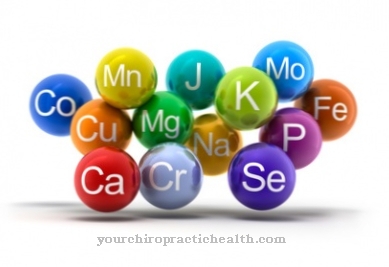
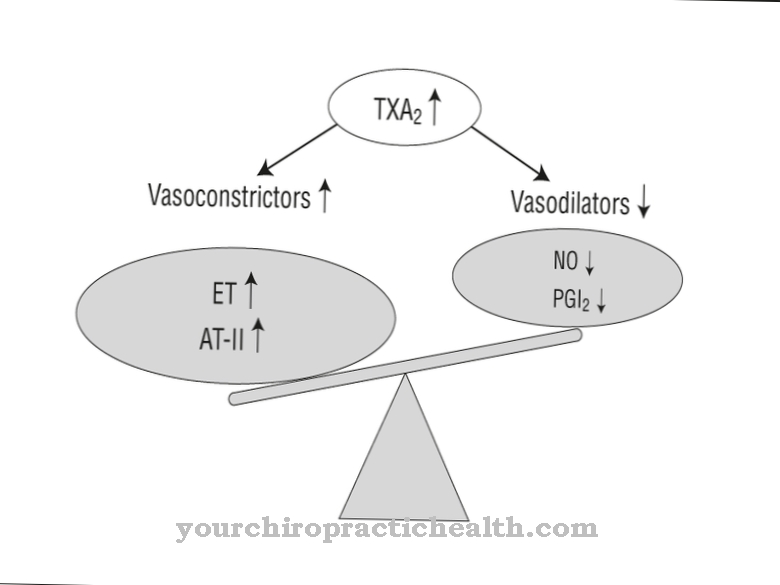
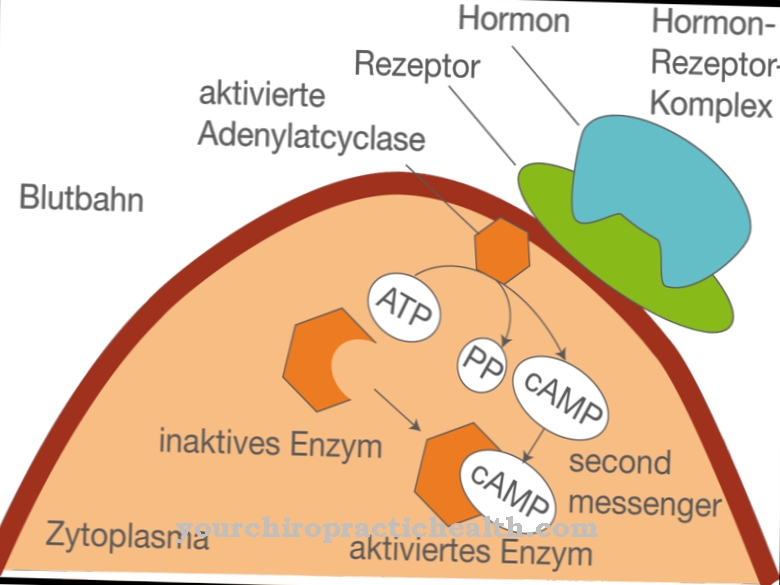

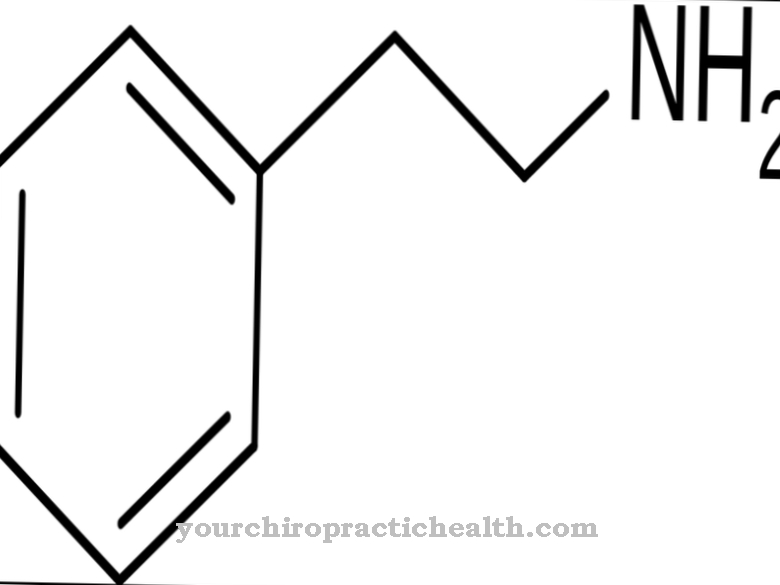
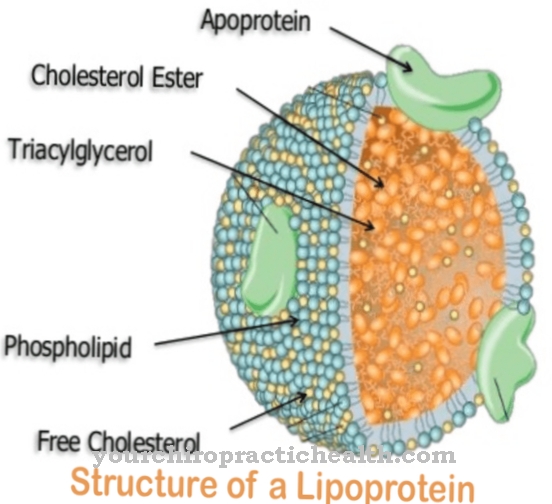






.jpg)

.jpg)
.jpg)











.jpg)